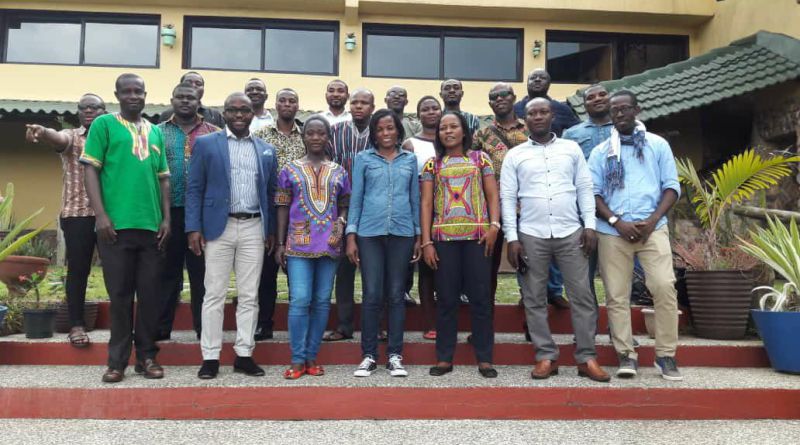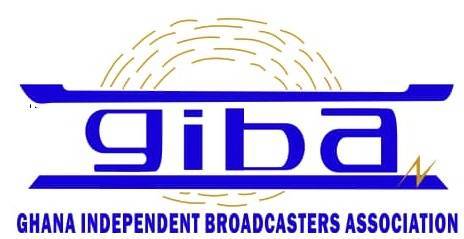- October 4, 2018
- Posted by: emblisha
- Category: Uncategorized

Even though Ghana’s quest to digitize its broadcasting space by switching from analogue to digital television is bound to affect every home in the country when the final processes are through, there seems to be general lack of appreciation of the process by a large section of the public.
In order to bridge the gap, the Network of Communication Reporters (NCR) in collaboration with the Ghana Independent Broadcasters Association (GIBA) have schooled some journalists on the Digital Terrestrial Television (DTT) migration process in Ghana to enable them inform the public adequately through their reportage.
In furtherance of this, a day’s workshop was organized for selected group of journalists who have interest in reporting on the sector. It training took place at the Hillbury Hotel at Aburi in the Eastern region.
The workshop was facilitated by some members of GIBA including Prince Hari Crystal Adzrakor, who is an Executive Member and Gloria Hiadzi, the Executive Secretary.
Digital Broadcasting Migration from analogue to digital broadcasting refers to the process in which television services operating on analogue are transferred to digital based transmission networks over a period of time, at the end of which process the analogue transmitters are switched off.
According to the facilitators, once the government arrives at the decision to finally switch off the analogue television transmission system, the analogue television transmission receivers which most Ghanaians have in their homes would no longer be able to receive their usual television transmission signals.
Adding that, the only way these television sets could receive signals would be through a Set Top Box mostly known as decoders, which have been purposely made to transmit the digital signals unto the analogue television sets in their homes.
However, these Set Top Boxes are supposed to comply with Ghana’s Digital Terrestrial Television (DTT) receiver standard and has the ‘Digital Ghana’ conformance logo. Any decoder which will be smuggled into the country without meeting the required standards would have infringed upon the laws of the country.
Alternatively, people could purchase digital television sets which are already fitted with the technology capable of receiving the digital transmission signals without any extra equipment.
The switch to the new system is to guarantee multiple TV channels, clearer pictures, better sound quality and offer more opportunities for advertisers and broadcasters and it was supposed to have been completed before 2015.
Migration from Analogue to Digital Terrestrial Broadcasting is also expected to lead to the release of some valuable spectrum currently used for analogue television broadcasting for the provision of mobile broadband services.
Ghana’s migration to the new system is already behind time since government has postponed migration to digital broadcasting for more than three times.
The International Telecommunications Union (ITU) urged governments in the world to migrate from analogue broadcasting to digital by June 2015.
In 2006, Ghana, along with other members of ITU, signed an agreement in Geneva that set June 17, 2015 as the deadline for all countries in Africa, Europe, the Middle East and Russia to migrate from analogue to digital terrestrial television broadcasting technology within the Ultra High Frequency (UHF) Band.
The Agreement further set June 17, 2020 as the deadline for migrating onto the Very High Frequency (VHF) Band.
Source: Clement Akoloh||afriwakeradio.com
